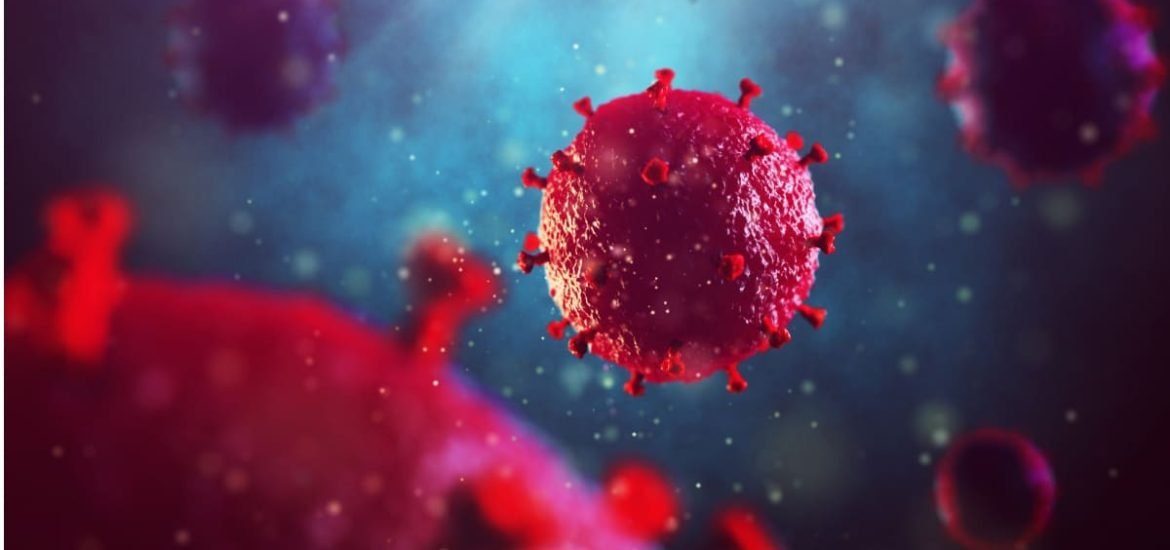
The results of two separate clinical trials published on 26 September, one in Nature (1) and the other in Nature Medicine (1), have shown in a small number of patients that a novel immunotherapy based on two antibodies can suppress HIV for much longer than current antiretroviral drugs ― up to four months. Typical HIV treatments, while they have made the disease manageable and succeeded in preventing millions of deaths, involve taking a cocktail of drugs every day for life. Newly discovered naturally occurring anti-HIV antibodies, called broadly neutralizing antibodies or bNAbs, are capable of suppressing HIV for months at a time.
Based on two separate clinical trials led by Michel Nussenzweig, an immunologist at The Rockefeller University in New York City, the two bNAbs ― known as known as 3BNC117 and 10-1074 ― were found to be safe and more effective than any previously tested antibody therapy. The antibodies were discovered by studying people who have successfully combated HIV without the use of drugs. The “elite” antibodies target proteins on the outside of the virus and then recruit the immune system to counter the infection. The researchers hoped that using BNAb therapy, anyone’s body could be primed to combat the infection via a correpsonding heightened immune response. Previous studies have shown that the effects of BNAbs acting alone can successfully suppress the levels of the virus in a patient’s blood but only for a short time.
In the recent phase 1b clinical trial published in Nature, patients were taken off their antiretroviral treatments and received three infusions of the two bNAbs over six weeks. The HIV was suppressed in 9 out of 11 patients in total that received treatment for an average of 21 weeks ― and over 30 weeks in some. In these patients, HIV was not actively circulating in the bloodstream owing to the previous antiretroviral drug treatments. The authors suggest that in the future, “a single administration of combinations of bNAbs with extended half-lives could maintain suppression for 6–12 months in individuals harbouring sensitive viruses.” The second trial published in Nature Medicine also demonstrated the effectiveness of the antibodies in reducing the virus but this time in seven viremic patients ― patients that had not previously received treatment ― for up to 3 months. No side effects occurred in either trial apart from mild fatigue in a small number of patients.
One caveat is that patients involved in the trial were infected with HIV strains sensitive to bNAbs ― HIV comes in many different varieties ― therefore, one major limitation is that the antibody treatment may not be effective against all forms of HIV. However, the authors suggest that combining bNAbs with other antibodies or antiretroviral drugs could lead to effective treatments in more people. They also suggest newly-developed bNAb variants could lengthen the amount of time the treatment works for or may even prompt the body to produce its own HIV-fighting antibodies.
The bNAbs could simplify treatment, particularly for those who struggle with taking daily medication, reduce the emergence of drug resistance, and could even be used to decrease the rate of HIV transmission. Both studies suggest larger studies will be important in confirming the efficacy of antibody combinations in reducing the presence of HIV-1 in the blood and preventing resistant viral variants from emerging.
(1) Mendoza, P. et al. Combination therapy with anti-HIV-1 antibodies maintains viral suppression. Nature (2018). DOI: 10.1038/s41586-018-0531-2
(2) Bar-On, Y. et al. Safety and antiviral activity of combination HIV-1 broadly neutralizing antibodies in viremic individuals. Nature Medicine (2018). DOI: 10.1038/s41591-018-0186-4
Image source: Getty Images